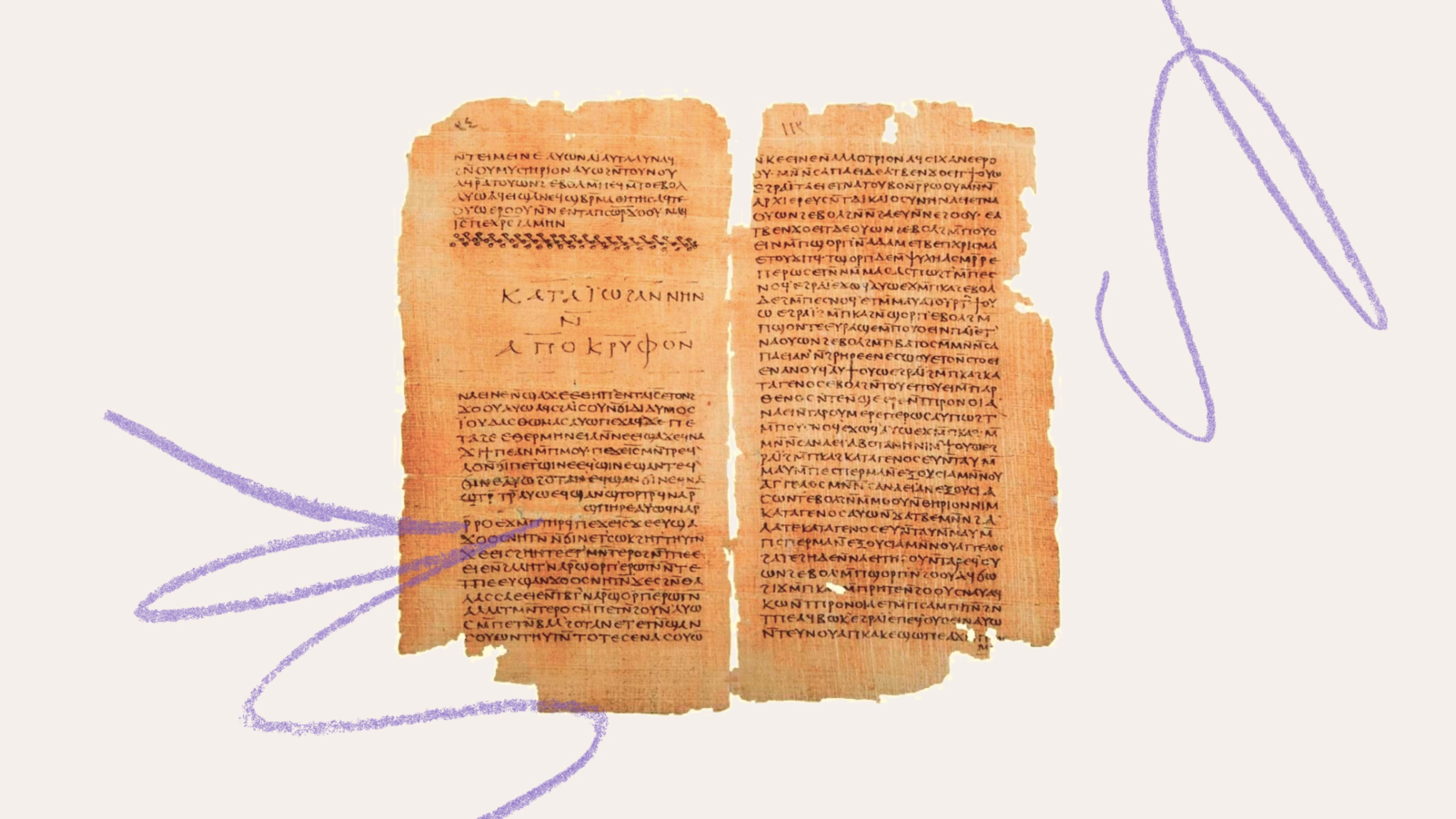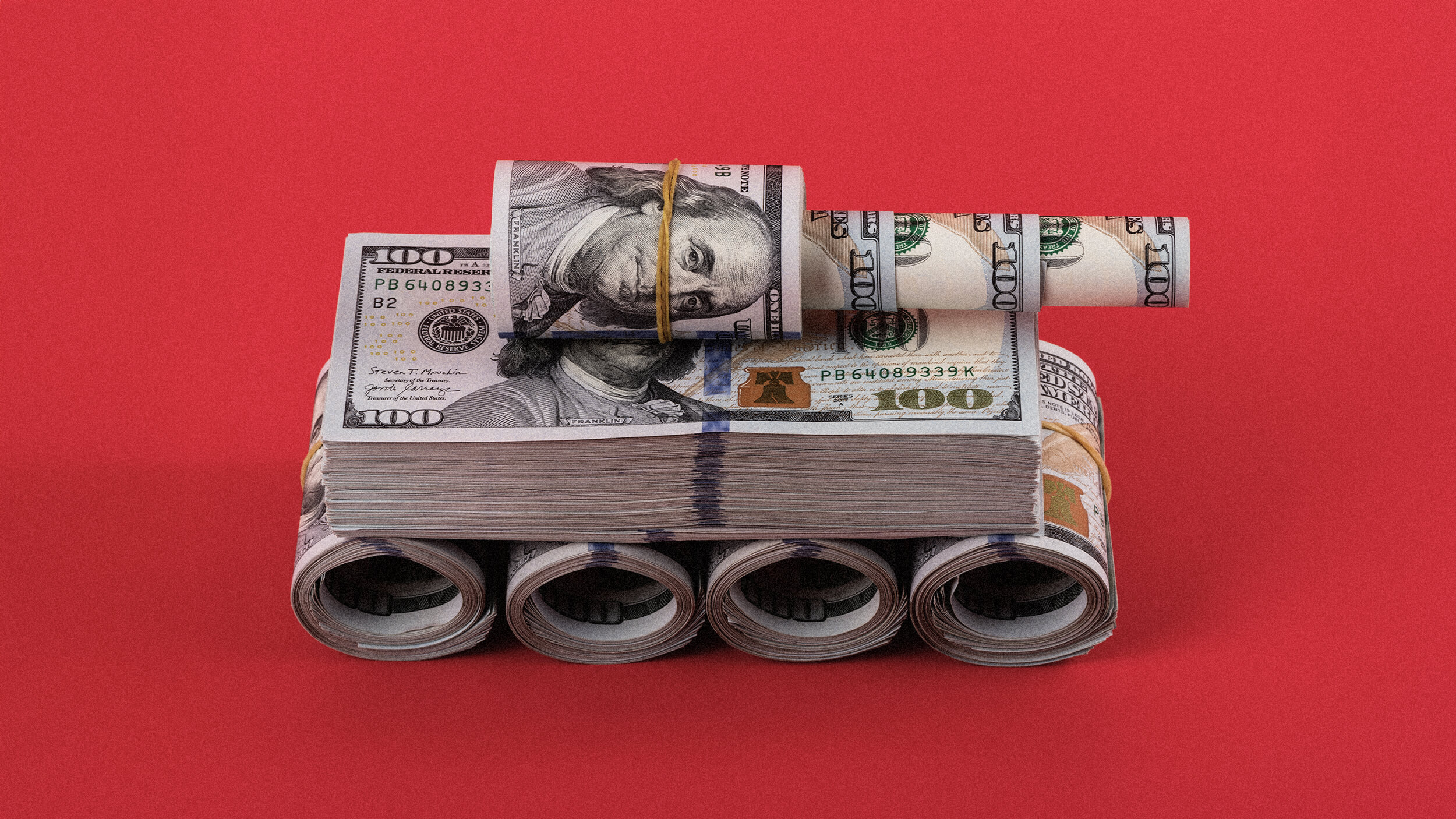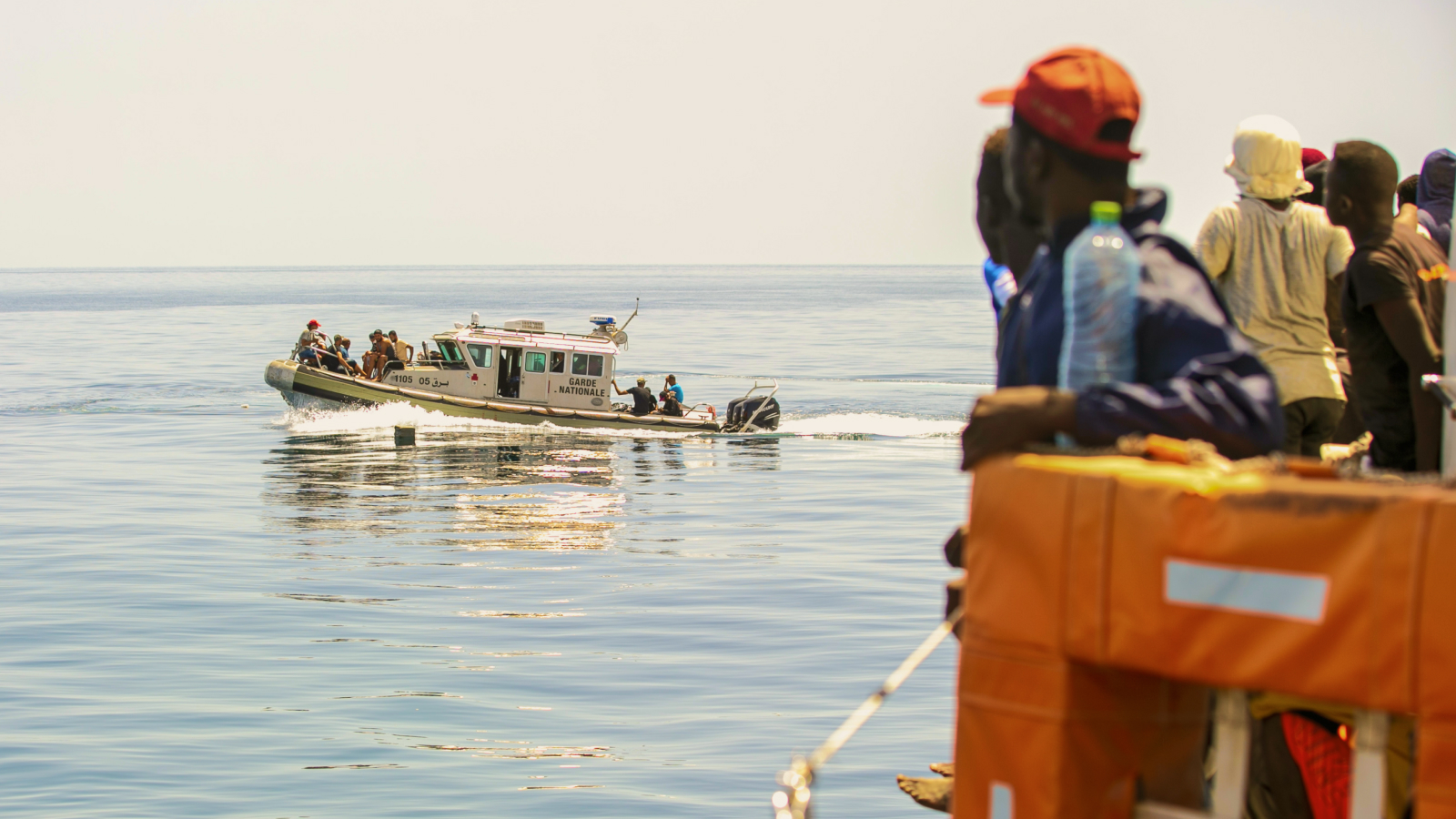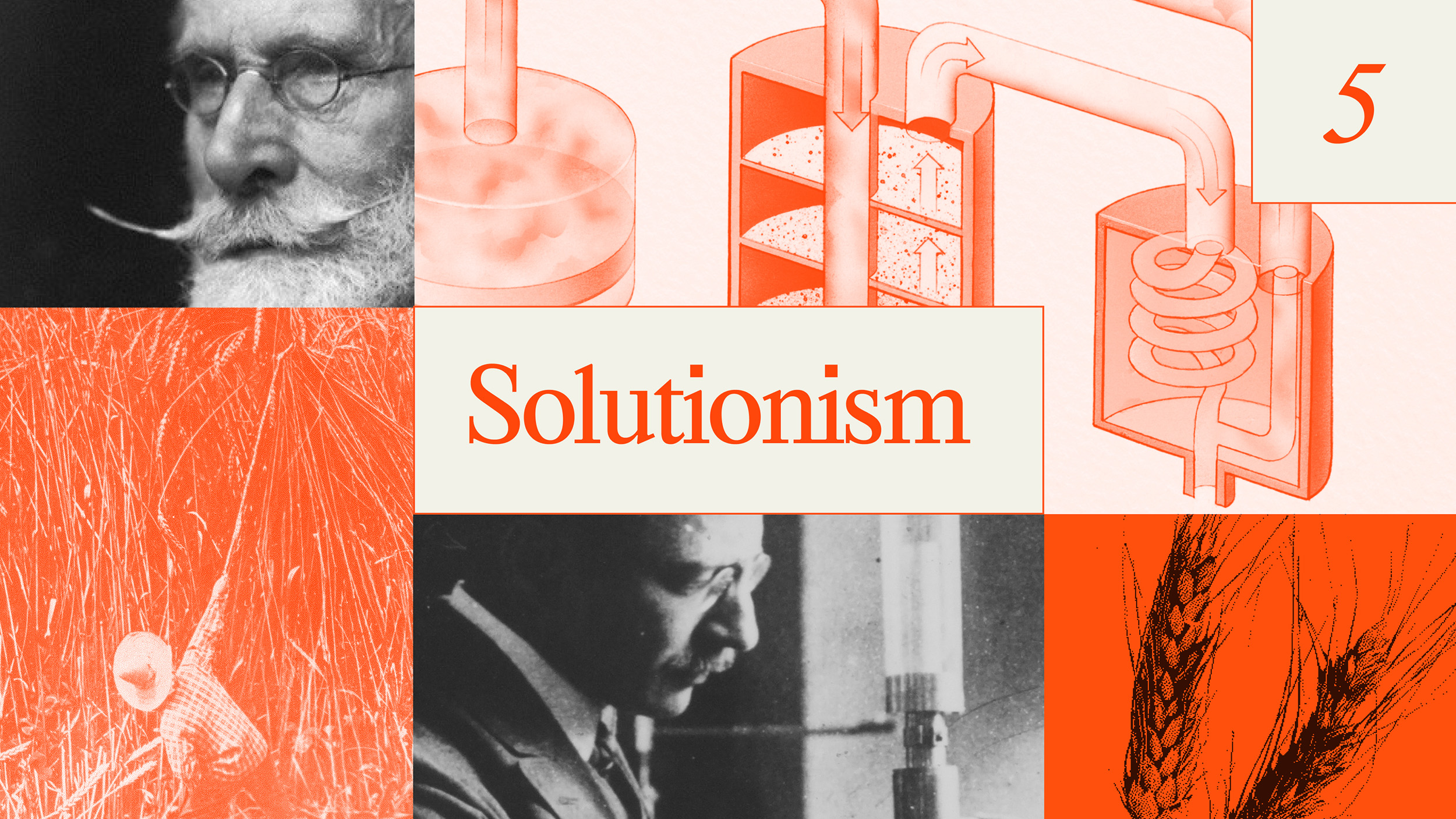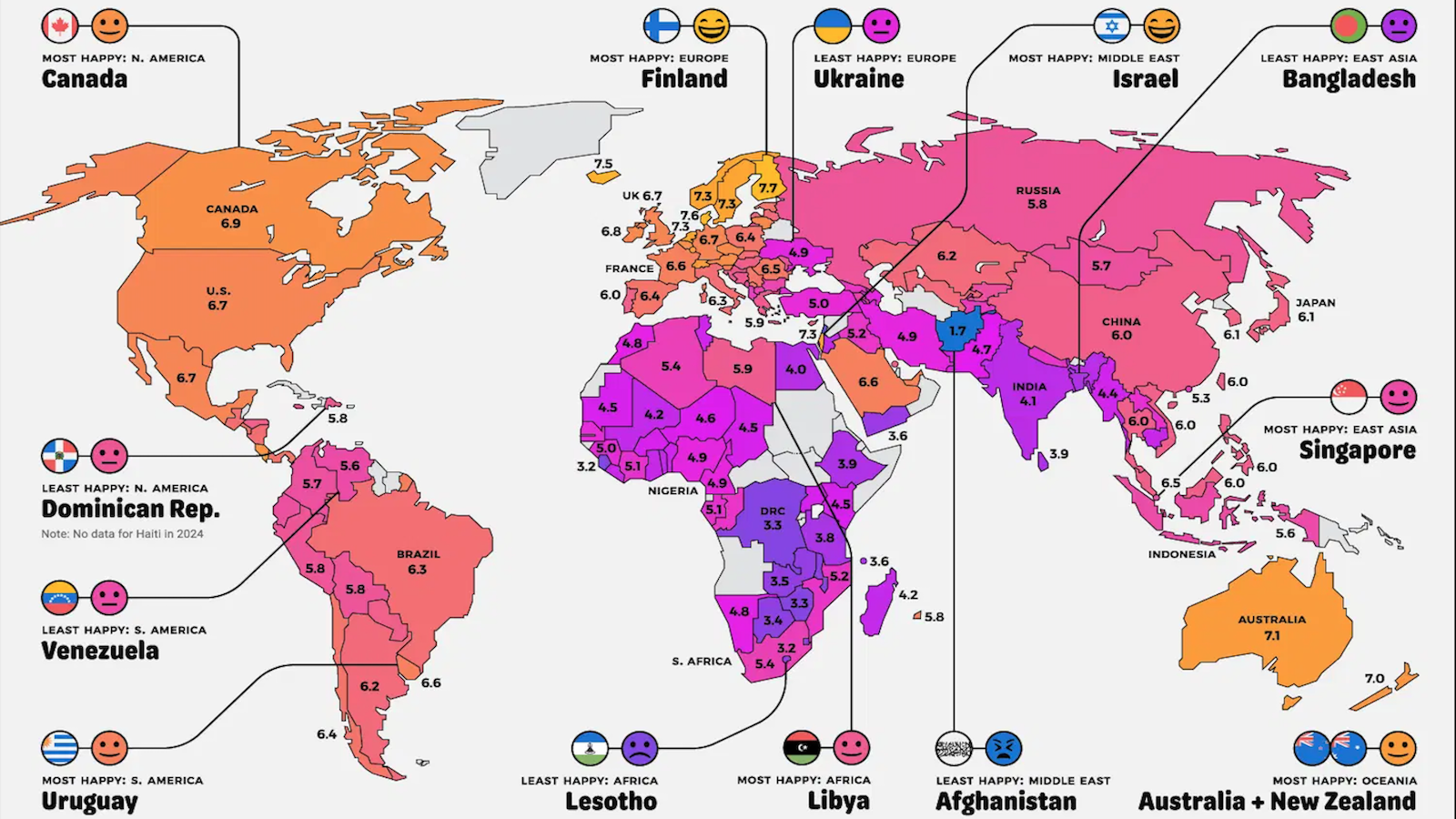The writer describes Iran’s relations with Syria, Egypt, and Iraq.
Question: How do other Arab countries regard Iran?
Majd: Well, Syria and Lebanon is very good. Syria is a very close ally, it’s the only Arab country that supported Iran in the Iran-Iraq war, all the way back at 1980. Its relations with other Arab countries is ebbs and flows, it could be very good at times, it could be very bad at times. Right now, it’s not very good with Egypt, it’s not very good with Bahrain, there was a bit of problem recently ‘cause a former official in Iran claimed Bahrain as part of Iranian territory, Morocco just broke off relations with Iran, a lot of the Sunni countries in the region have been for 30 years, they’ve been weary of this powerful Shiite country. In the early days of the revolution, one of the reasons that Saddam Hussein invaded, with the support of all the Arab countries and with the money given to him by the Arab countries, invaded Iran was the idea of, you know, let’s clamp down on this Islamic revolution ‘cause it’s a dangerous thing, these people could come into our country or they could stir trouble among the Shiites… Saudi Arabia has 3 million Shiites for example who are an underclass in Saudi Arabia so there’s a weariness of Iranian power partly because they’re not Arab, it’s the Persian Empire, they have a long history, it’s the only country in the region, only nation in the region that’s been a country for longer than a 100 years as a nation’s state. So there’s weariness but Iran has made efforts in the past under President Rafsanjani and then following that after… under President Khatami, there was a great effort to mend relations with Saudi Arabia with a lot of the other countries in the region and they were successful with that, under Ahmadinejad it’s been a little bit bumpier I would say. Egypt is a specific problem going all the way back to the Al-Sha’b, being admitted into Egypt by Anwar Sadat, the assassination of Anwar Sadat, there’s a major boulevard in Tehran named after Anwar Sadat’s assassin, there’s a billboard of him as a martyr hero, the Egyptians have always said, “You have to change the name of that street,” the Iranians at one point said, “Okay, we will,” but it’s still there, the name of the street and my cousin’s office is there, I’d go there all the time. Those are little issues that are problematic for the Egyptians and they feel that the Iranians are, you know, supporting anti-Egyptian forces throughout the region and Egypt is an important Arab country. Now, that said, there are… you know, Ali Rafsanjani was a speaker of Parliament when to Egypt last year, Khatami has been to Egypt, there has been efforts to fix the problem of the relations between Egypt and Iran, Saudi Arabia the same thing, whenever there’s a problem, you know, somebody goes to Saudi Arabia or the Saudi Arabia foreign minister comes to Iran so they try to work it out but in general there’s a weariness among the Arab populations… Arab leaderships, sorry, in the region, a weariness of the Iran leadership and the power that Iran has.
Question: Could Iran’s secularism be a model for the rest of the Arab world?
Majd: Is it a model for other countries, I mean, I would say that it might be a model for Iraq to some degree, Iraq doesn’t want to have what they call the Vela De Fatti which means the rule of the jurisprudence which is the supreme leader, they have their supreme leader, they don’t call them a supreme leader as the Ayatollah Sistani who is the most senior cleric… almost the most senior cleric on Islam, perhaps in all of Shia Islam, who the government of Iraq will never do anything that he’s against so he is in a way supreme leader but he doesn’t get involved in politics generally, so they… the prime minister of Iraq, the president of Iraq will go and see Ayatollah Sistani lives in Najaf and kind of get his blessing for elections, for this, for that. Iraq, maybe, as a Shia country, it will be a majority Shia country anyway and if you leave on like a courtesan, it will be a majority Shia country could kind of look to Iran a little bit in terms of how they view Islam and how Islam is able to be… I mean, Iraq is actually traditionally been more fundamentalists than Iranians when it comes to Shia Islam, oddly enough and there are things about, you know, liquor stores and being bombed and stuff like that. Well, of course liquor stores don’t exist in Iran but everybody drinks so maybe the can learn that, they don’t to make it so public and everybody just quietly drinks.

